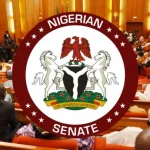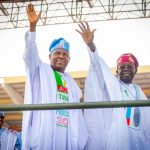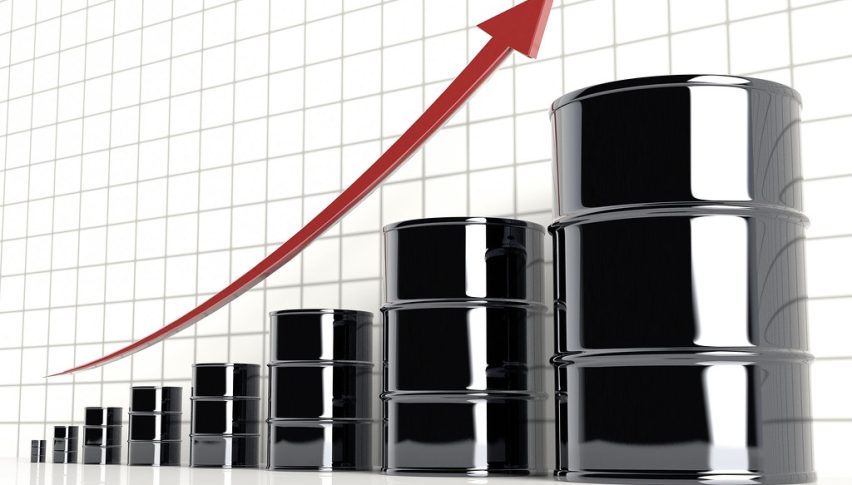Crude Rally May Continue as Iran Threatens Strait of Hormuz Blockade
The recent spike in crude oil prices—up 8.8% to $74 per barrel—is expected to persist if Iran follows through on its threat to block the Strait of Hormuz, a strategic waterway that handles over 20% of global oil and gas shipments.
Maritime analysts warn that any attempt by Iran to obstruct this critical shipping lane would cause severe disruptions to international trade and energy markets, heightening geopolitical and economic uncertainty.
Global financial firm JP Morgan has projected a base-case scenario of oil averaging above $60 per barrel in 2025. However, under a worst-case outcome—such as a full-blown military conflict or a complete closure of the Strait—prices could soar to between $120 and $130 per barrel.
Implications for Nigeria
Dr. Muda Yusuf, Director and CEO of the Centre for the Promotion of Private Enterprise (CPPE), has cautioned that the unfolding Israel-Iran crisis introduces a volatile new risk to an already fragile global economy.
“For Nigeria, the implications are mixed. While there are significant risks, there may also be some opportunities,” Yusuf said.
He explained that Nigeria’s domestic energy prices are heavily influenced by global crude benchmarks. “Since the conflict began, oil prices have jumped from $65 to $75 per barrel—a 15% rise in just a few days. This will likely push up the cost of petroleum products such as petrol, diesel, jet fuel, and gas, with widespread effects on households, businesses, and inflation.”
Yusuf emphasized the central role of energy costs in Nigeria’s inflation trajectory:
“Higher energy prices raise production, logistics, transportation, and power generation costs. These cost increases will eventually be passed on to consumers, depending on how demand responds.”
He also flagged the risk of imported inflation:
“Surging global energy prices have ripple effects across economies. For Nigeria, this external shock could intensify existing inflationary pressures.”
According to Yusuf, elevated inflation may lead central banks—Nigeria’s monetary authorities included—to consider tighter monetary policy, including potential interest rate hikes.











Add Comment